In the past three years, a lot has transformed both India and China’s position in the world but what happened between the two countries in Galwan remains largely unresolved.
15 June, 2023, marks three years from the day which witnessed long-simmering Sino-Indian tensions erupting in the form of a border skirmish in Galwan, a remote area in Ladakh, wherein Indian and Chinese soldiers clashed, with sticks, stones and metal bars wrapped with barbed wires and nails.
While twenty Indian Army personnel, lead by Col Santosh Babu, MVC (posthumous), were martyred, China, given its usual practices of obfuscation and opacity, uneasily declared 04 killed, though, if later reports, such as the one titled, ‘Galwan Decoded’, published by Australian newspaper, The Klaxon, are to be believed, at least 38 Chinese soldiers were killed, that too, by drowning in the Galwan river while fleeing the scene of action.
In the past three years, a lot has transformed both India and China’s position in the world. Yet, what happened between the two countries in Galwan (and other adjoining areas, in June 2020), remains largely unresolved, despite countless talks both at diplomatic and military levels.
As we approach the third anniversary of Galwan-2020, it will be instructive to see how India and China have diverged in fashioning their respective narratives in the global geopolitical order, and why, such a divergence lies at the heart of the irresolution of the Sino-Indian border issues.
China’s (Unilateral) Expansionism vs India’s (Multilateral) Collectivism
It will be a truism to point to Beijing’s unilateral, expansionist agendas, which have manifested in various domains, and areas over the previous many decades.
Most recently, in 2021, China enacted its ‘Land Border Law’, months after it articulated a similarly problematic, ‘Coast Guard Law’ which is clearly in violation of the United Nations Convention of Laws of the Sea. The former i.e. Land Border Law, not only mandates involvement of civilian component in border defence and protection in the form of “mass defence groups”, but also “authorizes patrol officers (of the People’s Armed Police) to use police instruments and weapons against intruders who resort to violence in resisting detention and threaten safety of life and property of others”.
Commentators have drawn attention to the provocation inherent in the enactment of these laws, and the further volatility these will add to already existing tensions. Juxtaposing this on India’s vision of SAGAR, or Security and Growth for all in the Region, articulated as far back as in 2015 as a “consultative, democratic, and equitable” mechanism, upon China’s insular, expansionist, Land Border/Coast Guard Laws, sheds light on just how differently both countries have, in recent years, responded to their neighbourhood and the world at large.
Likewise, China’s preying “on Sri Lanka’s economic vulnerabilities, loopholes, and corrupt practices for its political and economic calculations”, was instrumental in precipitating the island state’s 2022 financial debacle. Not surprisingly, India was the first country to extend support to Sri Lanka, providing it with an assistance package of $ 4.5 billion to tide over its dire economic situation.
Sea(s) of Troubles
Ever since the previous decade, China has been a party to multiple maritime territorial disputes in the South and East China Sea (SCS, ECS), including in particular the following:-
• A dispute over the Paracel Islands in the SCS, which are claimed by China and Vietnam, and occupied by China;
• A dispute over the Spratly Islands in the SCS, which are claimed entirely by China, Taiwan, and Vietnam, and in part by the Philippines, Malaysia, and Brunei, and which are occupied in part by all these countries except Brunei;
• A dispute over Scarborough Shoal in the SCS, which is claimed by China, Taiwan, and the Philippines, and controlled since 2012 by China; and
• A dispute over the Senkaku Islands in the ECS, which are claimed by China, Taiwan, and Japan, and administered by Japan
China has also been in a long-standing eyeball-to-eyeball antagonism with the United States over whether China has a right, under International Law, to regulate the activities of foreign military forces operating within China’s Exclusive Economic Zone (Zone), as well as in the larger SCS.
Speaking at the recently held Shangri-La dialogue at Singapore, China’s Defence Minister, Li Shangfu, said that, “a Cold War mentality is now resurgent, greatly increasing security risks. Mutual respect should prevail over bullying and hegemony”, taking a dig at the US’s continued presence in the SCS. Shangfu further refused to formally meet US Defence Secretary, Lloyd Austin during the Dialogue, thus making it adequately clear for whom his message was intended.
Juxtaposing this on swarms over swarms of China’s distant water fishing (DWF) vessels prowling in the Indian Ocean Region (IOR), poaching on precious fishing resources, which poses both an environmental and economic threat to not only India, but several other island states, sheds light on the how hypocritical and self-serving China’s concerns have been in regard to the usage of the ‘Great Commons’.
On one hand, China has been sparring with its neighbours over islands, as well as with the US over the question of ‘Freedom of Navigation’, and on the other, it has been dispatching large ocean trawlers which can illegally drain the natural resources of other countries.
The Disruptor and the Stabiliser
Furthermore, the possibility of a Chinese invasion of Taiwan, now considerably sobered with the far-from-perfect aftermath of Russia’s Special Operation in Ukraine and the extent of international opprobrium, hangs uncomfortably over the region.
What further raises geopolitical temperatures, and weakens the image of a ‘mature, geopolitically stabilising nation’ that China aspires to be (as evident from its assumption as a mediator between Russia and the West, post-Russia’s Special Military Operation), are incidences, wherein a Chinese warship shone military-grade laser, at a Philippines Coast Guard vessel in SCS in Feb 2023, and before this, at an Australian maritime reconnaissance plane, in the Arafura Sea, considered Australia’s ‘backyard’. And one isn’t even talking about China’s alarming, and at times, horrifying Human Rights violations in the Xinjiang, Tibet, and Hong Kong regions, or its Grey Zone warfare tactics.
The extent of China’s disruptive and provocative actions becomes evident, when compared to India’s efforts at actually playing a stabilising role not only in subcontinent, but abroad.
To illustrate, Turkey’s antagonisms against India, especially the former’s raking up of the Kashmir issue at the UN notwithstanding, India still launched ‘Operation Dost’, entailing deployment of doctors, and relief items, to earthquake-hit Turkey in February earlier this year.
As an analyst mentions, “India has demonstrated a mature diplomacy, by sending immediate humanitarian aid following its ancient principle of ‘Vasudeva Kutumbakam’. India’s response has corroborated its G-20 Presidency, and its mantra of ‘One Earth, One Family, One Future’.”
In Conclusion
Galwan happened because China believes in a certain narrative which is inconsistent with reality. Until China’s beliefs (and resultant policies/ practices) somewhat converge with reality, there is little hope for resolutions – either in Galwan, or in regard to the countless other conflicts that it is mired in.
India, on the other hand, with its brand of pragmatism, steeped in equal measures, in values of realpolitik and ‘Vasudeva Kutumbakam’; and manifesting, with equal conviction, in the manner in which Chinese intruders were chased away, as well in the way it has promptly despatched aid to its neighbours and to other countries, bears the marks of coming-of-age, mature democracy, which will remain undeterred by the nefarious designs, and unreasonable ambitions of (both) its neighbours.
![submenu-img]() Natasa Stankovic, Aleksandar Ilic enjoy in Goa pool, netizens believe 'Hardik Pandya crying in corner'
Natasa Stankovic, Aleksandar Ilic enjoy in Goa pool, netizens believe 'Hardik Pandya crying in corner'![submenu-img]() IPL chairman reveals the reason behind Rs 18 crore cap for overseas players
IPL chairman reveals the reason behind Rs 18 crore cap for overseas players![submenu-img]() Scientists reveal hidden ocean within Earth's mantle, 700 kms below surface
Scientists reveal hidden ocean within Earth's mantle, 700 kms below surface![submenu-img]() Solar Eclipse on October 2: Know how fast will the 'Ring of Fire' travel
Solar Eclipse on October 2: Know how fast will the 'Ring of Fire' travel![submenu-img]() Devara box office collection day 4: Jr NTR, Saif Ali Khan, Janhvi Kapoor film begins to lose race
Devara box office collection day 4: Jr NTR, Saif Ali Khan, Janhvi Kapoor film begins to lose race![submenu-img]() Govinda: बॉलीवुड एक्टर गोविंदा को लगी गोली, ICU में कराया गया भर्ती
Govinda: बॉलीवुड एक्टर गोविंदा को लगी गोली, ICU में कराया गया भर्ती![submenu-img]() Goa के CM प्रमोद सावंत और स्वास्थ्य मंत्री विश्वजीत राणे से खफा बीजेपी आलाकमान, दी ये बड़ी चेतावनी
Goa के CM प्रमोद सावंत और स्वास्थ्य मंत्री विश्वजीत राणे से खफा बीजेपी आलाकमान, दी ये बड़ी चेतावनी![submenu-img]() IND vs BAN 2nd Test Day 5 Live Score: बांग्लादेश को लगा तीसरा झटका, आर अश्विन ने चटकाए 3 विकेट
IND vs BAN 2nd Test Day 5 Live Score: बांग्लादेश को लगा तीसरा झटका, आर अश्विन ने चटकाए 3 विकेट ![submenu-img]() Jammu-Kashmir Polls: जम्मू कश्मीर में आखिरी चरण का मतदान आज, दो पूर्व उपमुख्यमंत्रियों की किस्मत दांव पर
Jammu-Kashmir Polls: जम्मू कश्मीर में आखिरी चरण का मतदान आज, दो पूर्व उपमुख्यमंत्रियों की किस्मत दांव पर![submenu-img]() Lebanon: लाशों का ढेर बना लेबनान, हर तरफ तबाही का मंजर, आर-पार की लड़ाई के मूड में इजरायल
Lebanon: लाशों का ढेर बना लेबनान, हर तरफ तबाही का मंजर, आर-पार की लड़ाई के मूड में इजरायल![submenu-img]() Mahindra Thar Roxx 4x4 prices revealed, starts at Rs…
Mahindra Thar Roxx 4x4 prices revealed, starts at Rs…![submenu-img]() Sebi gives nod to Hyundai India's Rs 20,000 crore IPO, listing month is...
Sebi gives nod to Hyundai India's Rs 20,000 crore IPO, listing month is...![submenu-img]() Tata launches Nexon iCNG, check price, mileage, other features
Tata launches Nexon iCNG, check price, mileage, other features![submenu-img]() This Indian car brand set to acquire 50% stake in Skoda Auto Volkswagen India, deal will cost Rs…
This Indian car brand set to acquire 50% stake in Skoda Auto Volkswagen India, deal will cost Rs…![submenu-img]() Ford to return to India after 2 years with reopening of....
Ford to return to India after 2 years with reopening of....![submenu-img]() CAT 2024 application correction window closes today; check how to make changes, direct link here
CAT 2024 application correction window closes today; check how to make changes, direct link here![submenu-img]() Meet woman who left high-paying job at US govt agency for UPSC exam, became IAS officer with AIR...
Meet woman who left high-paying job at US govt agency for UPSC exam, became IAS officer with AIR...![submenu-img]() This man was behind IT giant valued at over Rs 13.78 lakh crore, born in Peshawar, also known as father of...
This man was behind IT giant valued at over Rs 13.78 lakh crore, born in Peshawar, also known as father of...![submenu-img]() Meet woman, who scored highest marks in UPSC interview history, not Tina Dabi, Smita Sabharwal, she is...
Meet woman, who scored highest marks in UPSC interview history, not Tina Dabi, Smita Sabharwal, she is...![submenu-img]() Meet India's youngest woman to crack UPSC exam at age 21, secured AIR 13, but didn't become IAS due to...
Meet India's youngest woman to crack UPSC exam at age 21, secured AIR 13, but didn't become IAS due to...![submenu-img]() After Hassan Nasrallah's Death, This Cleric Is Now Tipped To Be Hezbollah Leader | Israel | Lebanon
After Hassan Nasrallah's Death, This Cleric Is Now Tipped To Be Hezbollah Leader | Israel | Lebanon![submenu-img]() Hashem Safieddine, Cousin Of Hassan Nasrallah To Become Hezbollah's New Chief | Israel-Lebanon War
Hashem Safieddine, Cousin Of Hassan Nasrallah To Become Hezbollah's New Chief | Israel-Lebanon War![submenu-img]() Israel Hezbollah War: Nasrallah's Death, A Turning Point for Hezbollah's Future? Experts Explain
Israel Hezbollah War: Nasrallah's Death, A Turning Point for Hezbollah's Future? Experts Explain![submenu-img]() Israel Hezbollah War: Hassan Nasrallah's Death Leads To Protests In J&K, Ex-CM Mehbooba Mufti Reacts
Israel Hezbollah War: Hassan Nasrallah's Death Leads To Protests In J&K, Ex-CM Mehbooba Mufti Reacts![submenu-img]() Israel Hezbollah War: Nasrallah's Death Leads To Protest By Women & Children In Jammu And Kashmir
Israel Hezbollah War: Nasrallah's Death Leads To Protest By Women & Children In Jammu And Kashmir![submenu-img]() Meet man who had 20 failed start-ups, got inspired by empty refrigerator, currently owns firm worth Rs 85158 crore...
Meet man who had 20 failed start-ups, got inspired by empty refrigerator, currently owns firm worth Rs 85158 crore...![submenu-img]() Ratan Tata's company ends 'legacy steel making' after 100 years, we know the reason
Ratan Tata's company ends 'legacy steel making' after 100 years, we know the reason![submenu-img]() Google rejected this man's request, he left company, now re-hired for Rs 22625 crore
Google rejected this man's request, he left company, now re-hired for Rs 22625 crore![submenu-img]() Keep your demat account safe from fraud with these 6 tips
Keep your demat account safe from fraud with these 6 tips ![submenu-img]() Understanding The New Health Insurance Regulations In India: What Policyholders Need To Know
Understanding The New Health Insurance Regulations In India: What Policyholders Need To Know![submenu-img]() 7 unknown facts about Mithun Chakraborty, Dadasaheb Phalke Awardee
7 unknown facts about Mithun Chakraborty, Dadasaheb Phalke Awardee![submenu-img]() 7 things to keep under your pillow for money and luck
7 things to keep under your pillow for money and luck![submenu-img]() 10 thirst trap pics of Janhvi Kapoor
10 thirst trap pics of Janhvi Kapoor![submenu-img]() From jumping ropes to push-ups: 7 effective morning exercises to lose weight
From jumping ropes to push-ups: 7 effective morning exercises to lose weight ![submenu-img]() XXX show actress Aabha Paul dances to popular Bollywood songs in sexy videos
XXX show actress Aabha Paul dances to popular Bollywood songs in sexy videos![submenu-img]() 'Gone to Adani's pocket': LoP Rahul Gandhi claims BJP govt intends to snatch away pensions from Agniveers
'Gone to Adani's pocket': LoP Rahul Gandhi claims BJP govt intends to snatch away pensions from Agniveers![submenu-img]() What is Green War Room, created to curb Delhi air pollution?
What is Green War Room, created to curb Delhi air pollution?![submenu-img]() MUDA scam: ED books Karnataka CM Siddaramaiah in money laundering case
MUDA scam: ED books Karnataka CM Siddaramaiah in money laundering case![submenu-img]() Big relief for UP boy who lost IIT seat over Rs 17000 fees, here's what SC said
Big relief for UP boy who lost IIT seat over Rs 17000 fees, here's what SC said![submenu-img]() FM Nirmala Sitharaman, other BJP leaders get relief as Karnataka HC halts extortion case probe
FM Nirmala Sitharaman, other BJP leaders get relief as Karnataka HC halts extortion case probe


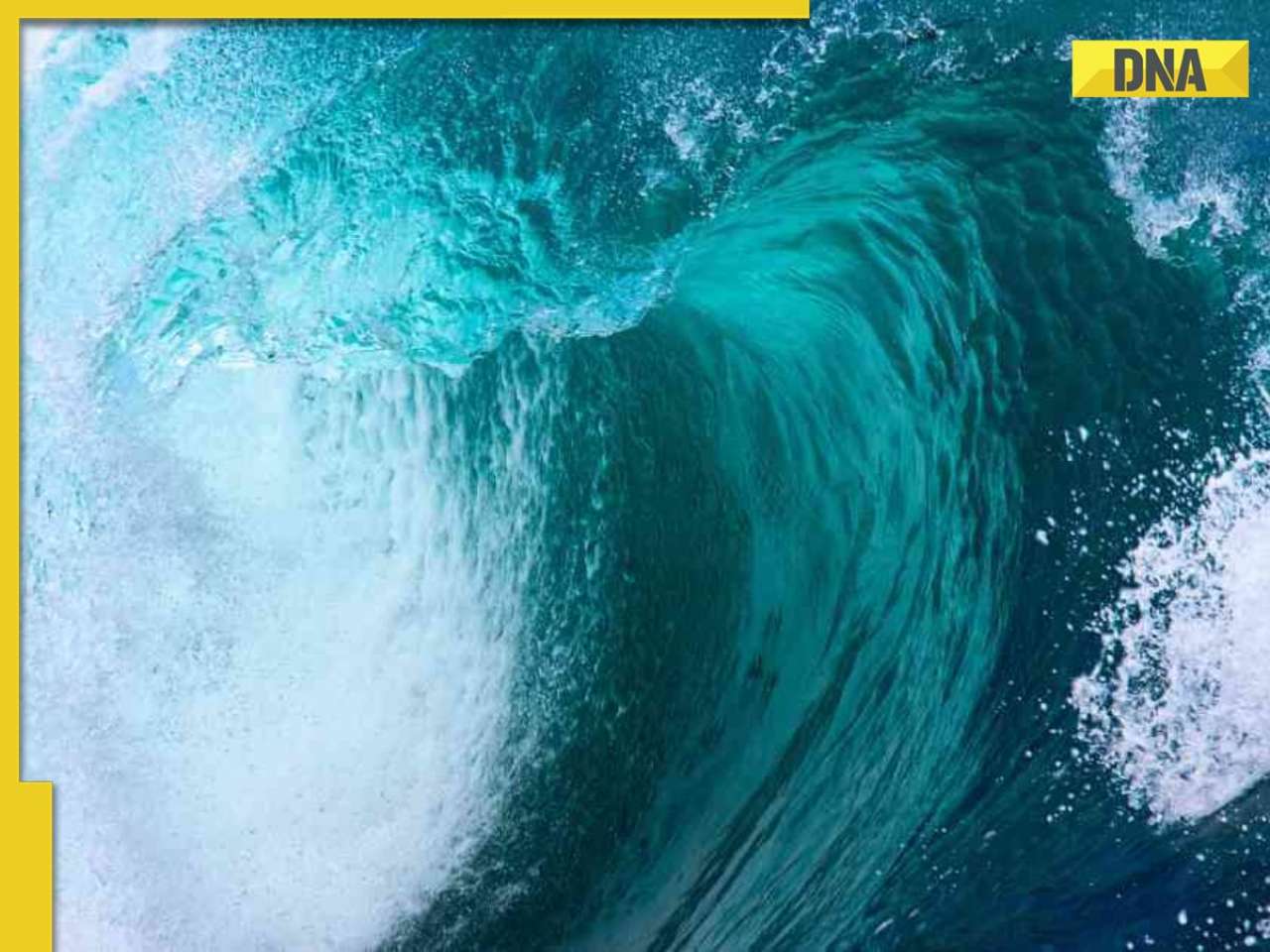
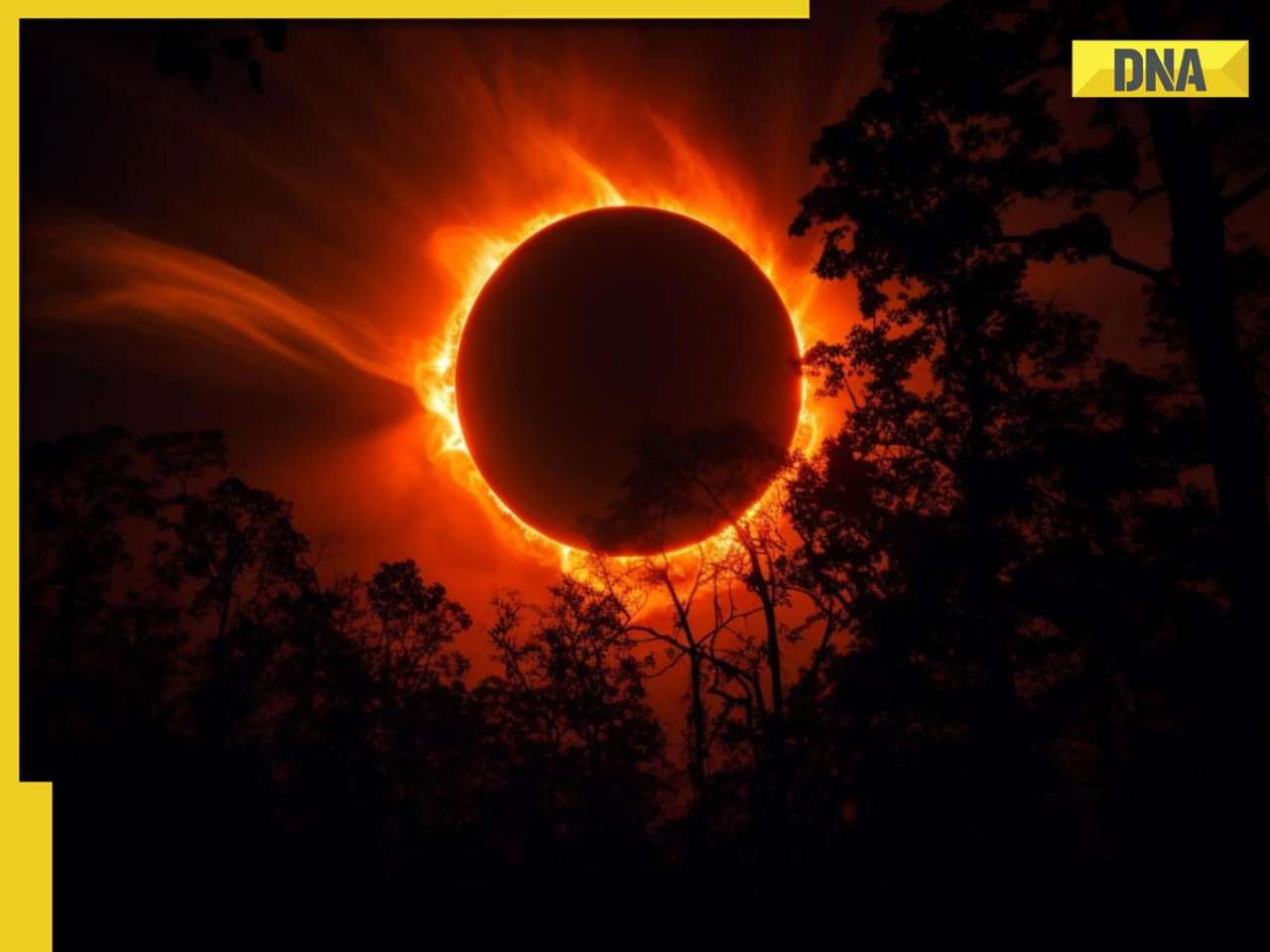
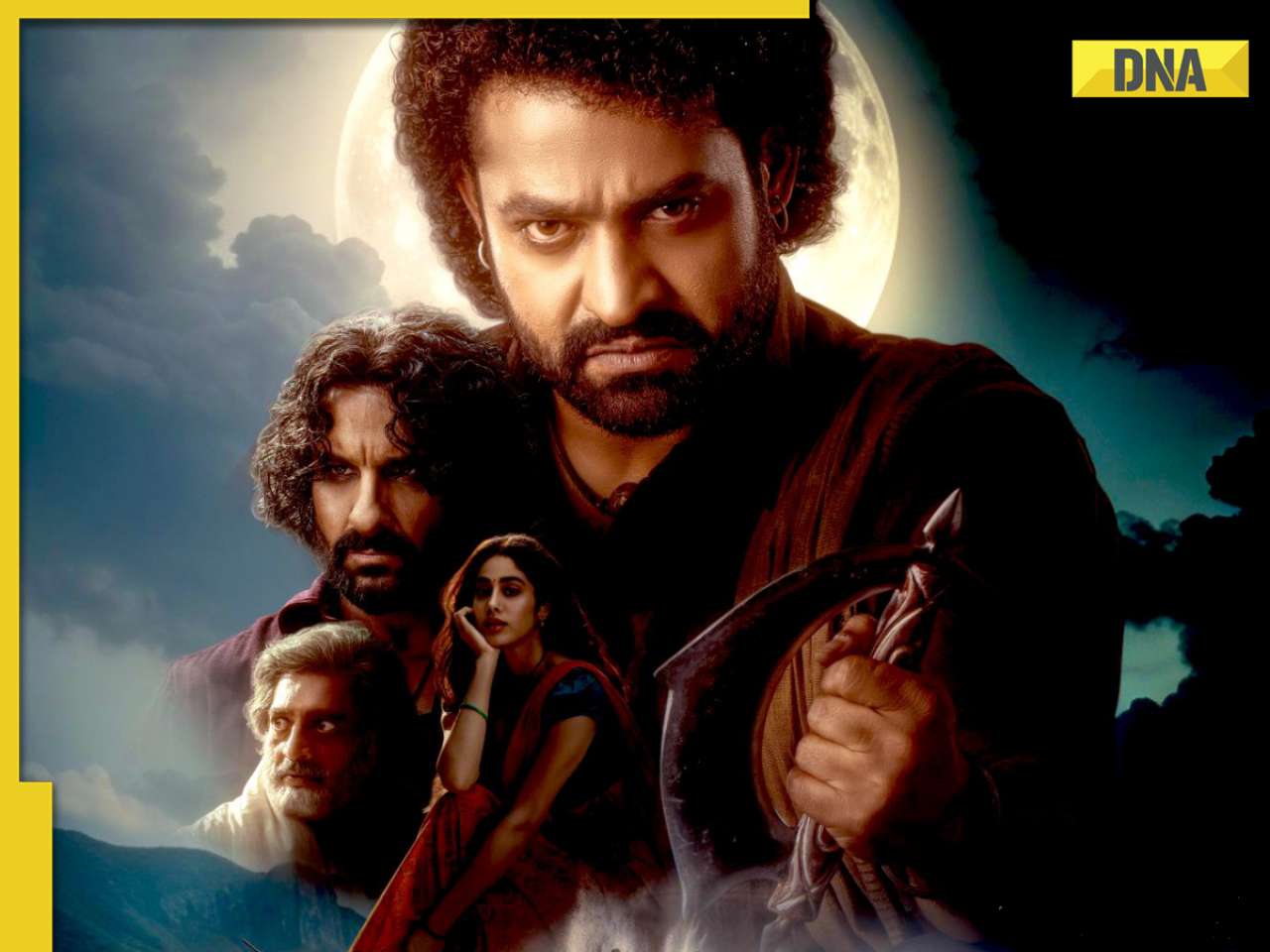








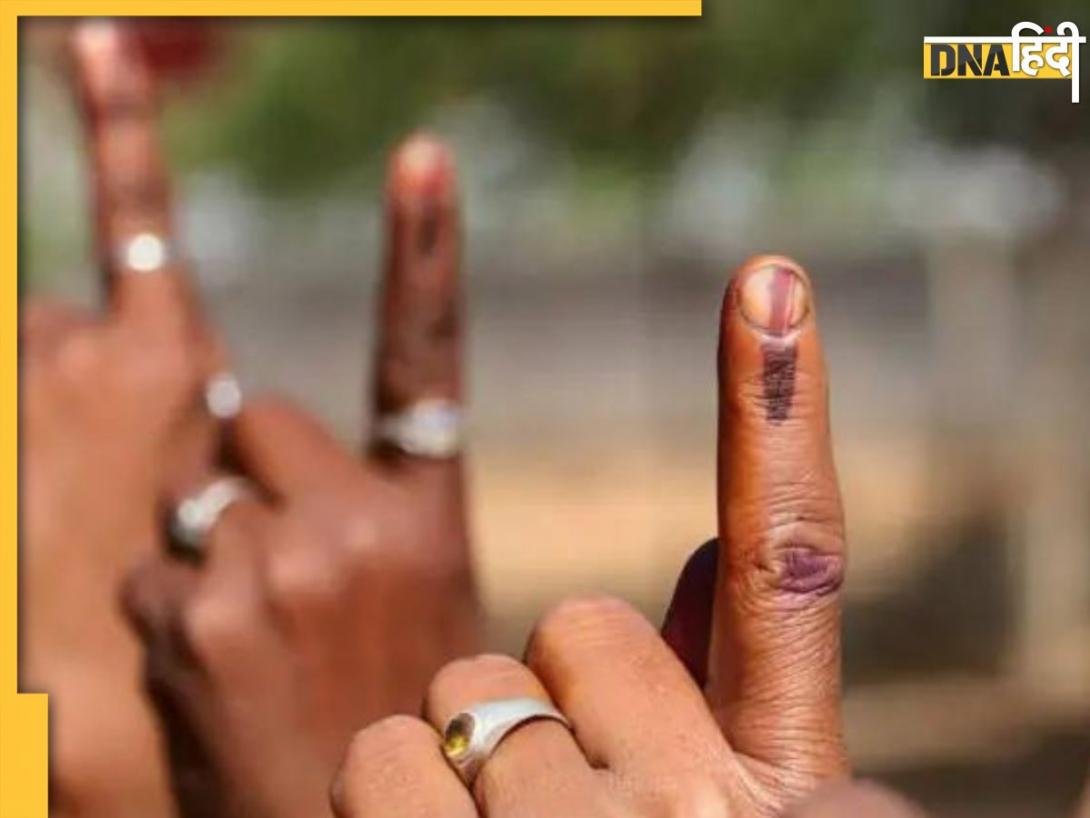




























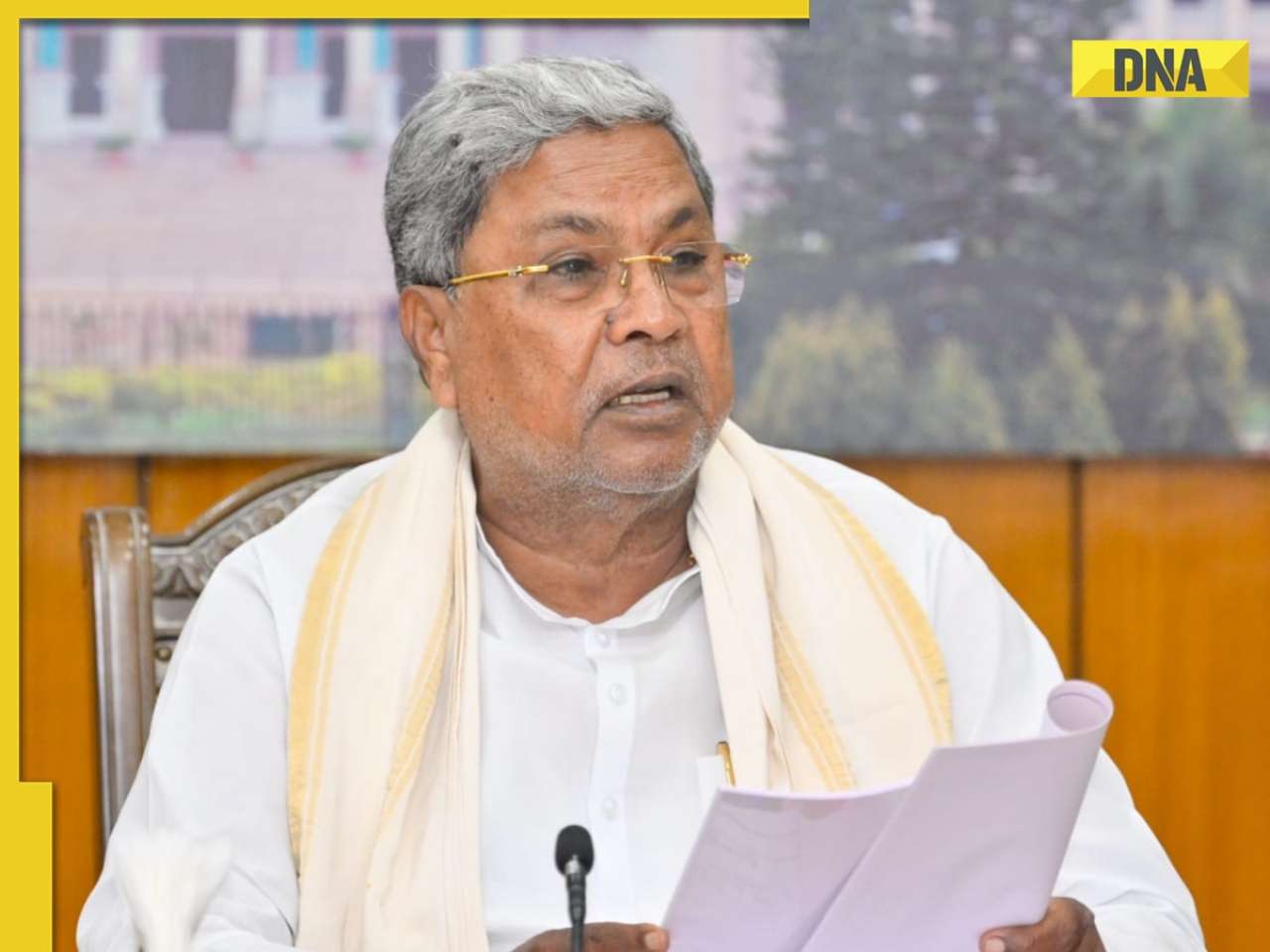

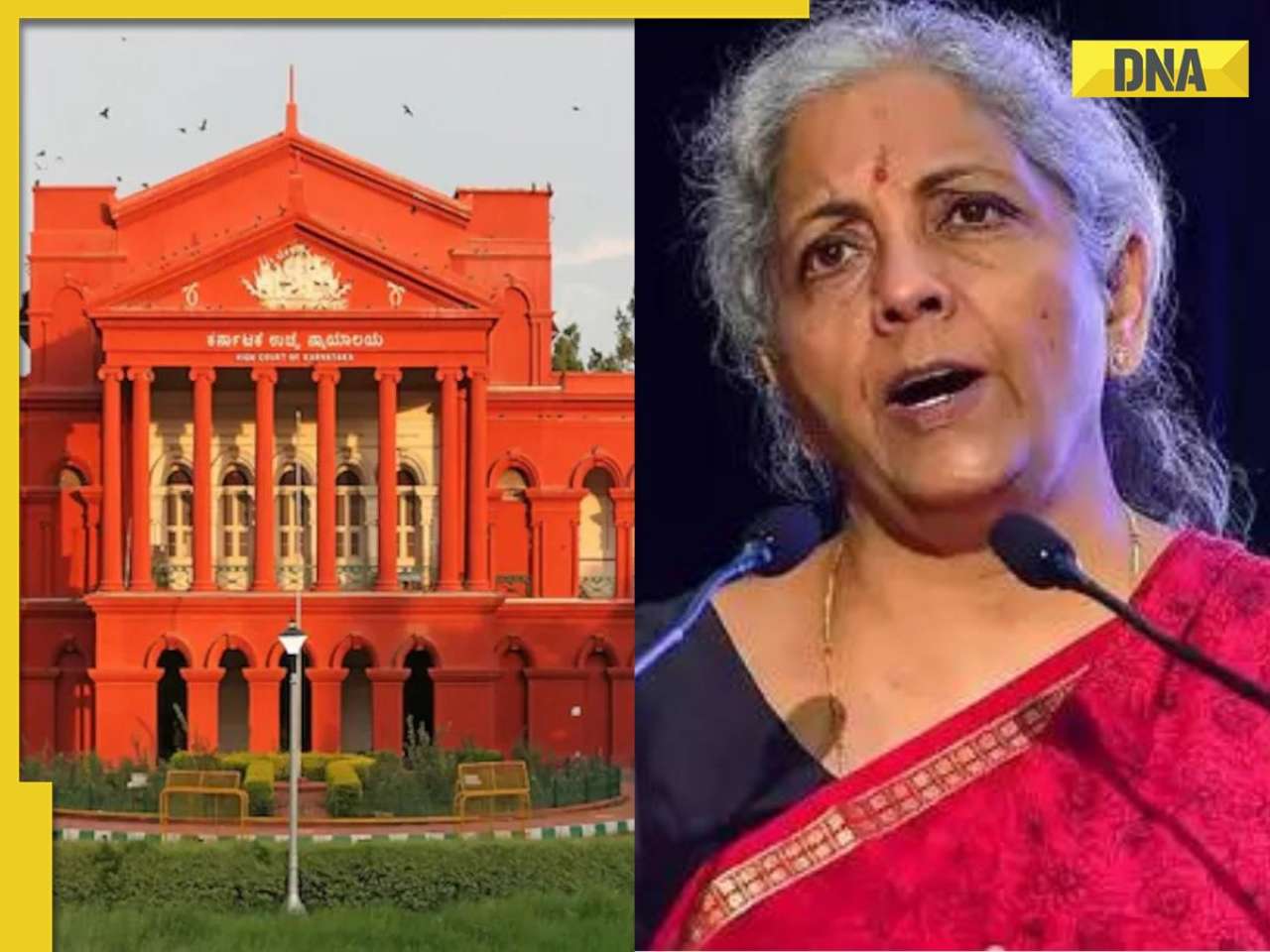

)
)
)
)
)
)
)
)
)
)
)
)
)
)
)





)
)
)
)
)
)